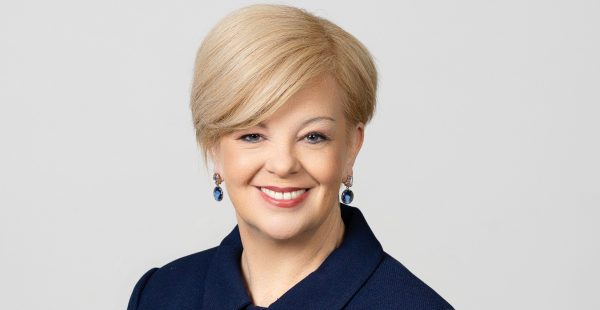Advisers to boost tech spend as AI, cyber interest piqued

Financial advice firms big and small are expected to increase their technology spend markedly this year as artificial intelligence (AI) and cybersecurity take on growing precedence within the sector, a new industry report has revealed.
Investment Trends’ Adviser Technology Needs report, in its 21st edition, shows a growing appetite among advisers for tech-backed innovation.
Smaller firms, the survey found, are expected to increase their annual average tech spend from $37,000 to $39,000, up 6%, while larger practices will see a tech budget boost of 8%, reaching an average of $91,000 per year.
The tech budget increase comes as advisers look to consolidate their technology stacks, build user-friendly client portals and improve reporting for non-custodial assets, the report found.
The survey results also show the adoption and use of AI is on the ascent, with more than one in three (37%) advisers already using AI tools to improve practice efficiency.
A further 43% of advisers express interest in integrating AI into their practices, contingent on support for implementation, security, and privacy concerns.
Among the most common uses of AI currently in adviser practices were for editing (42%) and customer service (33%).
As well, the report showed substantial interest in AI tools for reporting (34%) purposes, customer service (34%) modelling (33%), data analytics (30%), and practice management (29%).
“Advisers who embrace AI will be well-positioned to offer more efficient and personalised services to their clients, gaining a competitive edge,” said Ludovic Sevestre, associate research director at Investment Trends.
“Providers that develop AI tools to enhance client interactions and strategic decision-making will lead the way in this evolving landscape.”
Cybersecurity is also a foremost priority for financial advisers.
More than one in five advisers (21%) rate security among the top three most important factors when choosing an investment platform, surpassing brand and education.
The most common security measures implemented include multi-factor authentication (MFA), anti-malware software, and strong passwords.
Rather starkly, however, despite these measures, 36% of advisers rate their practice’s cyber-readiness as below 7 out of 10.
“Security is paramount in protecting client data and maintaining trust,” said Sevestre.
“Advisers are increasingly prioritising cybersecurity in their technology investments, recognising it as a cornerstone of their service offering.
“Providers who focus on robust security measures will safeguard client information and reinforce their reputation for reliability and trustworthiness, essential for long-term success in the financial advisory sector.”
Commenting on advisers’ increasing consciousness around their digital offering to customers, Sevestre said the industry increasingly recognises the need for seamless integration across their technology platforms to enhance client experience and operational efficiency.”
“This integration is crucial for delivering accurate financial advice, allowing advisers to focus on client relationships and planning. For providers, the opportunity lies in developing systems that adapt to future advancements, driving growth and client satisfaction.”
The 21st edition of the Adviser Technology Needs Report is based on a quantitative online survey conducted by Investment Trends between May and June 2024. More than 1,700 financial advisers participated in the survey.











Always back self interest when a body is marketing a submission to the government
In other words the system is achieving what the government wanted to happen.
Every day I come on here it feels like it is just the SMC trying to lobby to make one…
Well our compliance and red tape costs average around $200-$250k per adviser. Go ask the government why advice is so…
Personal Financial Advice should be offered, but it needs to be independent of the Industry Funds and their trustees of…